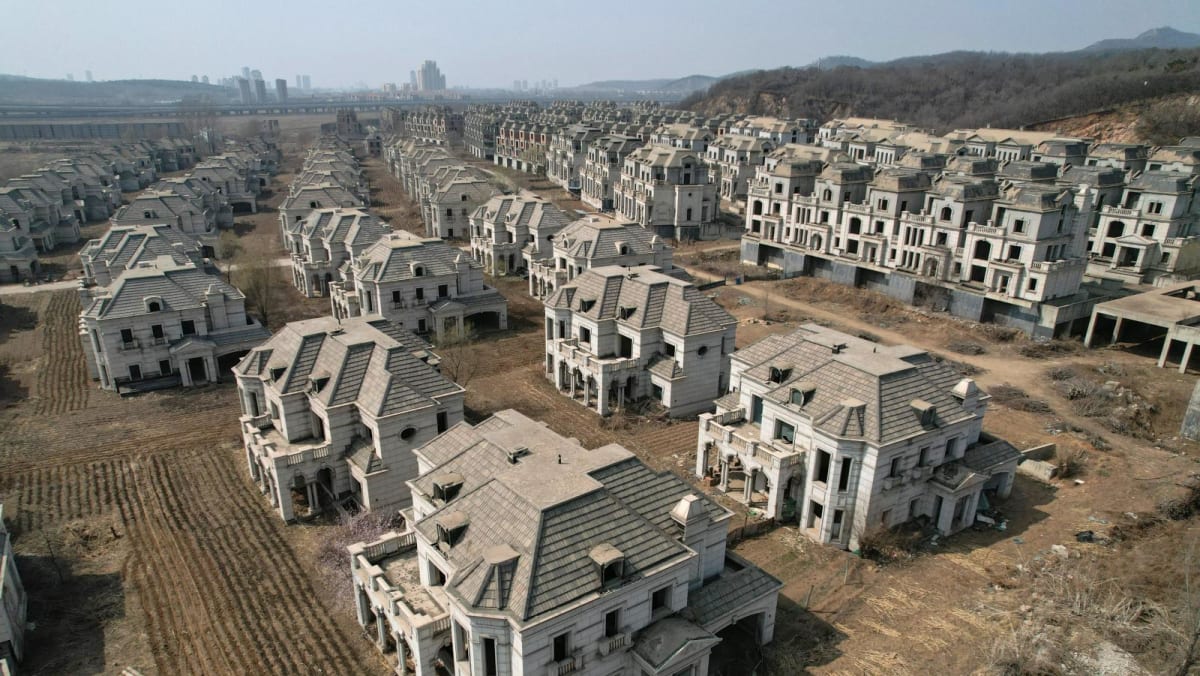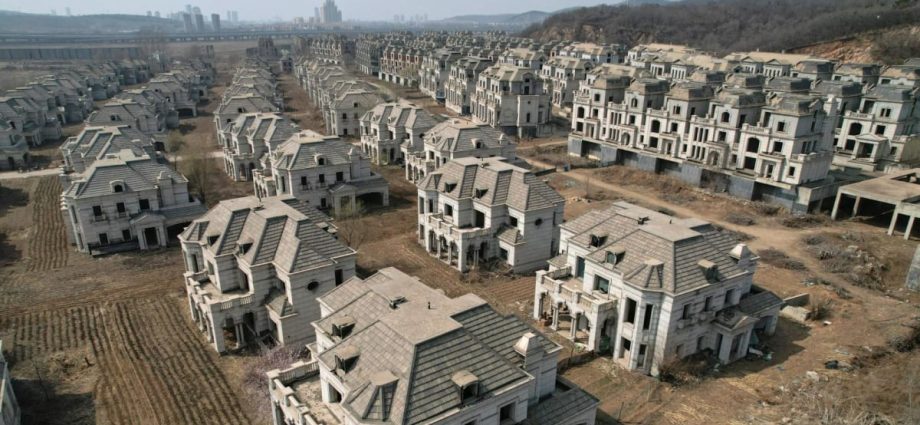
“The company would only say they have to go through an internal process, which would take several years.”
Lu said one developer has come up with a sly workaround: Offer suppliers flats for just a down payment, around 1 million yuan (US$139,684) per unit. Then, theoretically, the flats could be sold at a profit.
But with a laggard property market that has seen steadily falling prices and a drought of buyers, doing this means a loss of 4,000 yuan per sq m at current market conditions, Lu said.
“We’ve already run out of capital funds for payroll,” he added. “(Why do) we have (to give) more money to the developer? It turned out this (was used) to further delay payment.”
What is “more outrageous”, he said, is that this process has become an unspoken prerequisite for subcontractors to increase their odds of winning contracts from the developer in the future.
Local authorities also admitted difficulties in solving the problem, particularly when it comes to construction.
According to a document seen by the Post, the economic authority of a major city in south China acknowledged a significant rise in account balances owed to private companies by state players, which has led to a “severe tightness in corporate funds”.
Even worse, officials admitted, some big companies “maliciously delayed payment” and “leveraged their dominant position in the market, either refusing to sign contracts or declining to conduct acceptance checks of construction work”.
The regulator also said a lack of statistics on the private sector has led to inaccurate assessments, an information gap that has only been somewhat ameliorated by the results of regional audits in September.
In the central province of Henan, an estimated 9.56 billion yuan in overdue payments to small- and medium-sized private firms were found to be owed by local governments and SOEs.
Meanwhile, in the more prosperous eastern province of Jiangsu, the local audit office said 12 cities were in default to the tune of 1.62 billion yuan. That balance was owed to private firms for 562 construction and government procurement projects.
The Inner Mongolia autonomous region, which has been struggling with a hefty debt burden, said in the same month it would issue 66.32 billion yuan in special refinancing bonds, with the proceeds used to settle overdue corporate debt.

